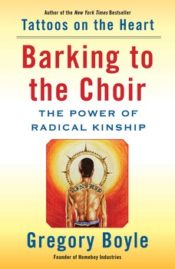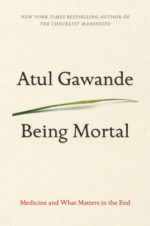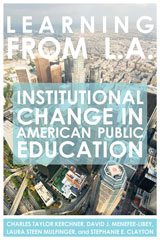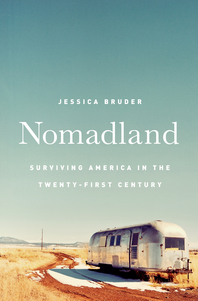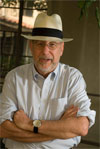‘Learning from L.A.: Institutional Change in American Public Education’
Posted on | December 18, 2017 | Comments Off on ‘Learning from L.A.: Institutional Change in American Public Education’
It has been nearly a decade since Learning from L.A. was published by Harvard Education Press. In many ways, it is among the best work I have done in my academic career. In some other ways, it is a disappointing, blowing-into-the-wind book because the underlying message has not been received or acted upon. The politics of education—like politics in most of the rest of the country—is polarized, and the parties are fighting in ways that are unlikely to actively shape a new institution of public education.
So, let’s return to the basic argument. In the first sentences of Transformation of Great American School Districts, also published by Harvard Ed Press and co-edited with the late Bill Boyd and Mark Blyth, I write:
This book argues that urban education reform can best been understood as a process of institutional change rather than a series of failed projects. More specifically, we argue that to understand such changes one needs to pay attention to the basic ideas and assumptions that underpin these institutions. Indeed, we argue that virtually all the Progressive Era assumptions that provided the underpinning for urban education have now been violated, and that a set of new underlying ideas is being “auditioned,” and in some cases “rehearsed,” as we transition to a new and more hybrid set of institutions.
Precisely because the politics are stalemated in something resembling trench warfare, we are incapable of stepping back to understand that even—and maybe especially—the defenders of the existing institution need to realize that the institution of public education has already changed in important ways. Learning from L.A. paints the historical picture to show how the old institution was taken apart and how various school reform efforts can be seen as auditions of new institutional forms.
Unfortunately, the current stalemate between charter school advocates—the self-styled reformers in Los Angeles—and union-backed opponents of what is seen as privatization obscures the historic changes and prevents politics from operating in a way that would produce a truly 21st Century institution.
For a short summary of the book.
Stephanie Clayton, one of the co-authors of Learning from L.A., produced background and briefing papers that were essential to the book itself, and as stand alone reports they provide valuable historical perspective on LEARN, desegregation, and school board elections since 1950.
The 1989 teacher strike was one of the defining events of the school reform movements of the 1990s. The larger-than-conventional wage settlement coupled with the beginnings of Site Based Management made district finances precarious and increased the tension between teachers and the school administrators.
LAUSD Board Elections changed enormously in character in the half century following 1950. Here, in more detail than possible in the book, Clayton shows the decline of elite politics and the rise of interest group politics, the extent to which race and desegregation influenced the course of elections, and the movement from election at large to election by district.
Desegregation drove school district politics for nearly three decades. Ultimately migration of whites out of the District and immigration of Latinos into Los Angeles swamped many of the possible remedies. But the history of desegregation, briefly told here brings to mind its best and worst behavior.
